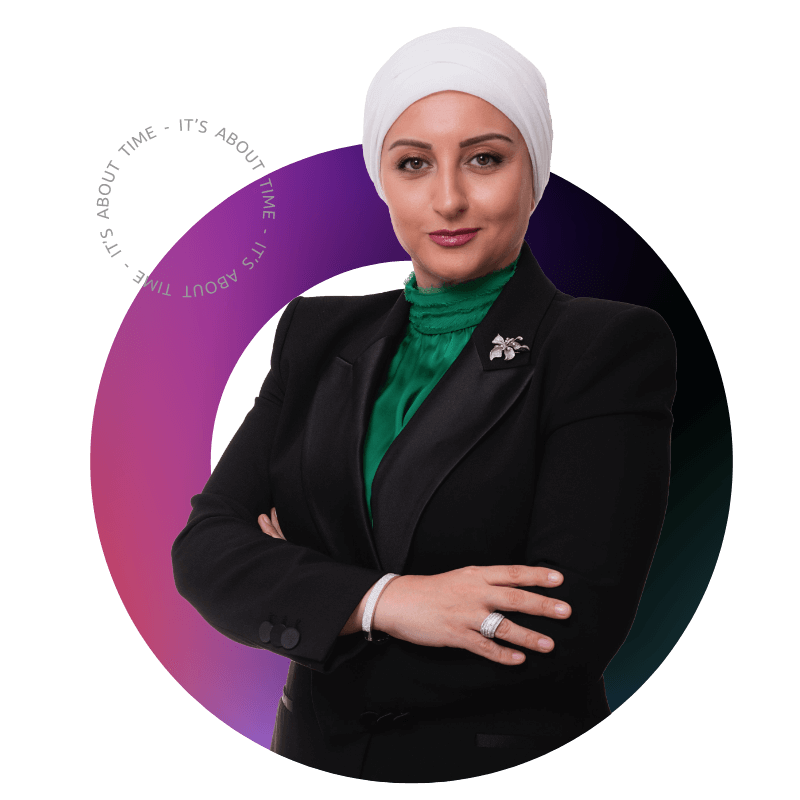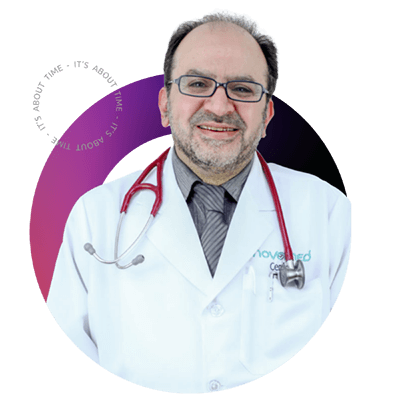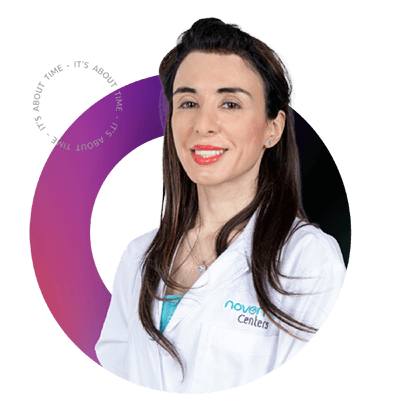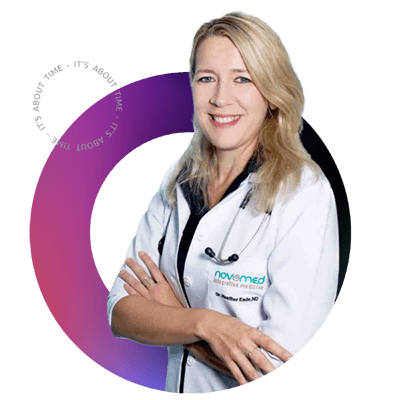Overview
Diabetes is a potentially harmful illness defined by extremely high blood sugar levels. This chronic condition develops when the body cannot efficiently produce or use insulin; a hormone produced by islet cells in the pancreas (eyelets) and plays a vital role controlling the amount of glucose in the bloodstream. It also helps store glucose in the liver, fat, and muscles and regulates the metabolism of carbohydrates, fats, and proteins.
What are the types of diabetes?
Type 1 diabetes
Type 1 diabetes, also called insulin-dependent or childhood-onset diabetes, is typically diagnosed in children and teenagers but can develop at any age. Islet cells identify glucose in the blood and release the appropriate amount of insulin to maintain normal blood sugar levels. Diabetes type 1 happens when your body’s immune system mistakenly destroys the pancreatic islet cells that produce insulin.
Causes
Type 1 is believed to be caused by genetic factors and environmental exposures; nonetheless, the leading cause behind Type 1 diabetes remains unknown.
Symptoms
- Feeling thirsty
- Urge to urinate more often
- Sudden weight loss
- Extreme hunger
- Feeling tired or exhausted
- Irritability
- Hazy Vision
- Experiencing nausea, vomiting, and stomach cramps
- Breath odor
- Itchy skin
Type 2 Diabetes
Adult-onset diabetes, commonly known as type 2 diabetes or non-insulin-dependent diabetes, is a type of diabetes that occurs after the age of 35.
In this type, the body can make a specific amount of insulin, but it’s insufficient to allow glucose to enter the body’s cells, leading to a condition called “Insulin resistance.” Patients who are overweight and lead a sedentary lifestyle are more likely to develop type 2 diabetes.
Causes
Diabetes type 2 develops slowly over the years as the body’s insulin becomes less efficient in controlling blood glucose levels. As a result, your pancreas generates an increasing amount of insulin, which eventually causes the insulin-producing cells to become worn out and unproductive.
Type 2 diabetes is considered a “lifestyle illness” since it is more prevalent in overweight patients who do not engage in appropriate physical exercise. It is closely related to high blood pressure, excessive cholesterol levels, and an “apple” body shape, in which extra weight accumulates around the waist.
Symptoms
Type 2 symptoms include all of the symptoms associated with Diabetes type 1, in addition to the following:
- Gradual weight gain
- Genital itching or thrush
- Cuts and wounds take longer to heal
Diabetes type 2 progresses more slowly than diabetes type 1. Many people either don’t notice or don’t experience any symptoms.
Gestational diabetes
Gestational diabetes develops in previously diabetes-free pregnant women. If you got gestational diabetes, your child might be more susceptible to health issues. Gestational diabetes often disappears after childbirth but raises the risk of developing type 2 diabetes later in life.
Causes
Your placenta produces hormones that cause blood glucose levels to rise during pregnancy. Typically, your pancreas can produce enough insulin to manage the situation. But if your body cannot produce enough insulin or stops utilizing it appropriately, your blood sugar levels will rise and lead to gestational diabetes.
Symptoms
Women with gestational diabetes typically have no symptoms or may attribute symptoms to pregnancy. The majority of cases are diagnosed through routine screenings. Most women with this type of diabetes feel the need to drink and eat more than usual and urinate more often.
Pre-diabetes
Pre-diabetes is caused by high blood glucose levels that are not high enough for a diagnosis of diabetes. Pre-diabetes usually shows no symptoms but is associated with many risk indicators, including excessive weight, smoking, heart illnesses, polycystic ovarian syndrome, and high blood pressure.
How to manage diabetes?
Diabetes has no known cure. Most treatment options aim to prevent complications by regulating blood glucose, blood pressure, and cholesterol levels and attaining healthy body weight.
Patients with type 1 diabetes need to take synthetic insulin (in the form of injection, pen or pump) every day in order to live and be healthy.
People with diabetes must take responsibility for their day-to-day care measures, including:
- Quitting smoking.
- Managing diet so that food consumption corresponds with insulin.
- Exercise regularly.
- Eating slow carbs, such as beans and fruit that are digested slowly by the body.
- Using glucose meter (blood droplets test) to check blood sugar levels.
- Performing a regular self-testing of urine with a test strip.
- Maintaining physical exercise and activity.
- Enrolling in weight management programs.
- Undergoing routine screenings for potential diabetes complications.
Book your appointment at Novomed today!
Our board-certified endocrinologists at Novomed are experts in diagnosing and treating endocrine illnesses such as thyroid disease, diabetes, adrenal gland disorders, pituitary disease, and more!
To book an appointment with our endocrinologist in Dubai and Al Ain or learn more about our services, call us toll-free at 800 (NOVO) 6686 or click the live chat icon at the bottom of the screen.






























